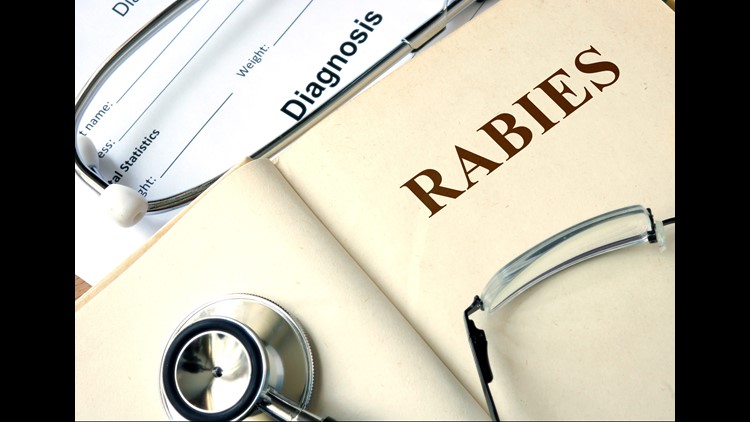GETTYSBURG, Pa. — The Adams County SPCA confirmed that a rabid cat was caught and euthanized last week after biting a Gettysburg resident.
The incident occurred on July 15, the SPCA said.
The feral cat was sickly in appearance and dragging its back end. It was trapped and brought to the Adams County SPCA to be euthanized and tested for the rabies virus.
The cat was sent to the PA Diagnostic Laboratory in Harrisburg and tested positive for the rabies virus, the SPCA said.
The resident bitten by the cat is being treated, according to the SPCA.
Rabies is an infectious disease affecting the nervous system of humans and other mammals, the SPCA said. Infection can occur through the bite or scratch of an infected animal, or if saliva from such an animal gets into the eyes, nose, mouth or an opening in the skin. It is transmitted from animals to humans or from animals to other animals.
It is imperative to report animal bites and scratches immediately to your family doctor so that preventive treatment can be initiated, the SPCA said. Anyone who has been bitten, scratched by, or come in close contact with, a stray, wild or unfamiliar animal, should immediately contact their health care provider or call the Rabies hotline at 877-PA HEALTH.
Rabies is almost completely preventable, according to the SPCA.
The Adams County SPCA recommends that members of the public take the following important steps to stay clear of exposure:
- All dogs and house cats, 3 months of age and older are required by Pennsylvania law to be vaccinated against rabies by a licensed veterinarian. Consider vaccinating livestock and horses as well. It is recommended to consult with your private veterinarian if you have any questions regarding whether your animal(s) should be vaccinated against rabies.
- Reduce the possibility of your pets being exposed to rabies by not letting them roam free.
- Spaying or neutering your pet may reduce the tendency to roam or fight and, thus, reduce the chance they will be exposed to rabies.
- Do not keep your pet's food or water outdoors; bowls can attract wild and stray animals.
- Keep your garbage securely covered.
- Do not touch or otherwise handle wild or unfamiliar animals, including cats and dogs, even if they appear friendly.
- Wild animals, particularly raccoons and bats, are the highest risk of exposure to rabies. Do not handle or go near wild animals even if they appear approachable.



